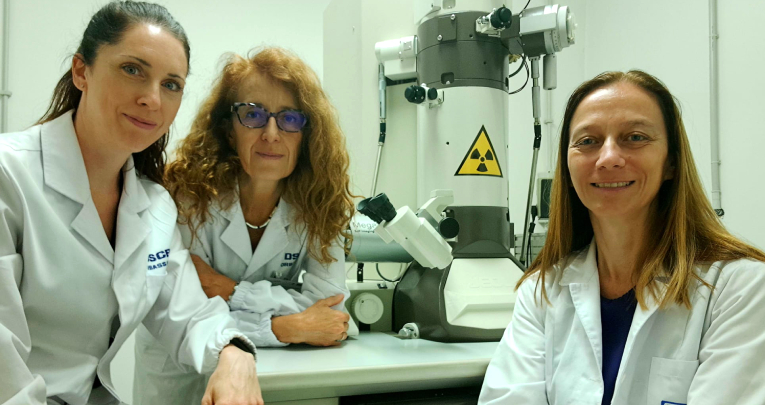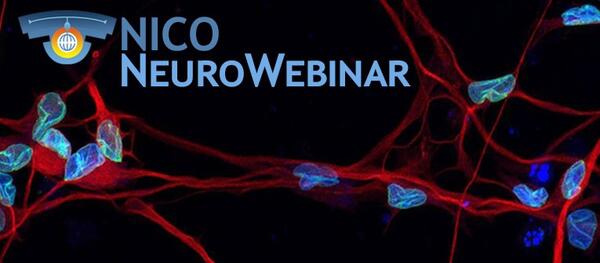
Gut Microbes
, June 2024
Gut microbiota depletion
delays somatic peripheral nerve development and impairs neuromuscular junction maturation
Matilde Cescon a *, Giovanna Gambarotta b *, Sonia Calabrò a,h , Chiara Cicconetti c , Francesca Anselmi c , Svenja Kankowski d , Luisa Lang d , Marijana Basic e , Andre Bleich e , Silvia Bolsega e , Matthias Steglich f , Salvatore Oliviero c , Stefania Raimondo b , Dario Bizzotto a , Kirsten Haastert-Talinid, d,g‡ , and Giulia Ronchi b
Research Group: Nerve regeneration
Gut microbiota is responsible for essential functions in human health. Several communication axes between gut microbiota and other organs via neural, endocrine, and immune pathways have been described, and perturbation of gut microbiota composition has been implicated in the onset and progression of an emerging number of diseases.
Here, we analyzed peripheral nerves, dorsal root ganglia (DRG), and skeletal muscles of neonatal and young adult mice with the following gut microbiota status: a) germ-free (GF), b) gnotobiotic, selectively colonized with 12 specific gut bacterial strains (Oligo-Mouse-Microbiota, OMM12), or c) natural complex gut microbiota (CGM).
Stereological and morphometric analyses revealed that the absence of gut microbiota impairs the development of somatic median nerves, resulting in smaller diameter and hypermyelinated axons, as well as in smaller unmyelinated fibers. Accordingly, DRG and sciatic nerve transcriptomic analyses highlighted a panel of differentially expressed developmental and myelination genes. Interestingly, the type III isoform of Neuregulin1 (NRG1), known to be a neuronal signal essential for Schwann cell myelination, was overexpressed in young adult GF mice, with consequent overexpression of the transcription factor Early Growth Response 2 ( Egr2 ), a fundamental gene expressed by Schwann cells at the onset of myelination.
Finally, GF status resulted in histologically atrophic skeletal muscles, impaired formation of neuromuscular junctions, and deregulated expression of related genes. In conclusion, we demonstrate for the first time a gut microbiota regulatory impact on proper development of the somatic peripheral nervous system and its functional connection to skeletal muscles, thus suggesting the existence of a novel ‘Gut Microbiota-Peripheral Nervous System-axis.’
read full article
a
Department of Molecular Medicine, University of Padova, Padova, Italy;
b
Department of Clinical and Biological Sciences & NeuroscienceInstitute Cavalieri Ottolenghi (NICO), University of Torino, Orbassano, Italy;
c
Department of Life Sciences and Systems Biology, University of Torino, Torino, Italy;
dInstitute of Neuroanatomy and Cell Biology, Hannover Medical School, Hannover, Lower-Saxony, Germany;
e
Institute forLaboratory Animal Science and Central Animal Facility, Hannover Medical School, Hannover, Lower-Saxony, Germany;
f
Research Core UnitGenomics, Hannover Medical School, Hannover, Lower-Saxony, Germany;
g
Centre for Systems Neuroscience (ZSN), Hannover Medical School,Hannover, Lower-Saxony, Germany;
h
Department of Biology, University of Padova, Padova, Italy







